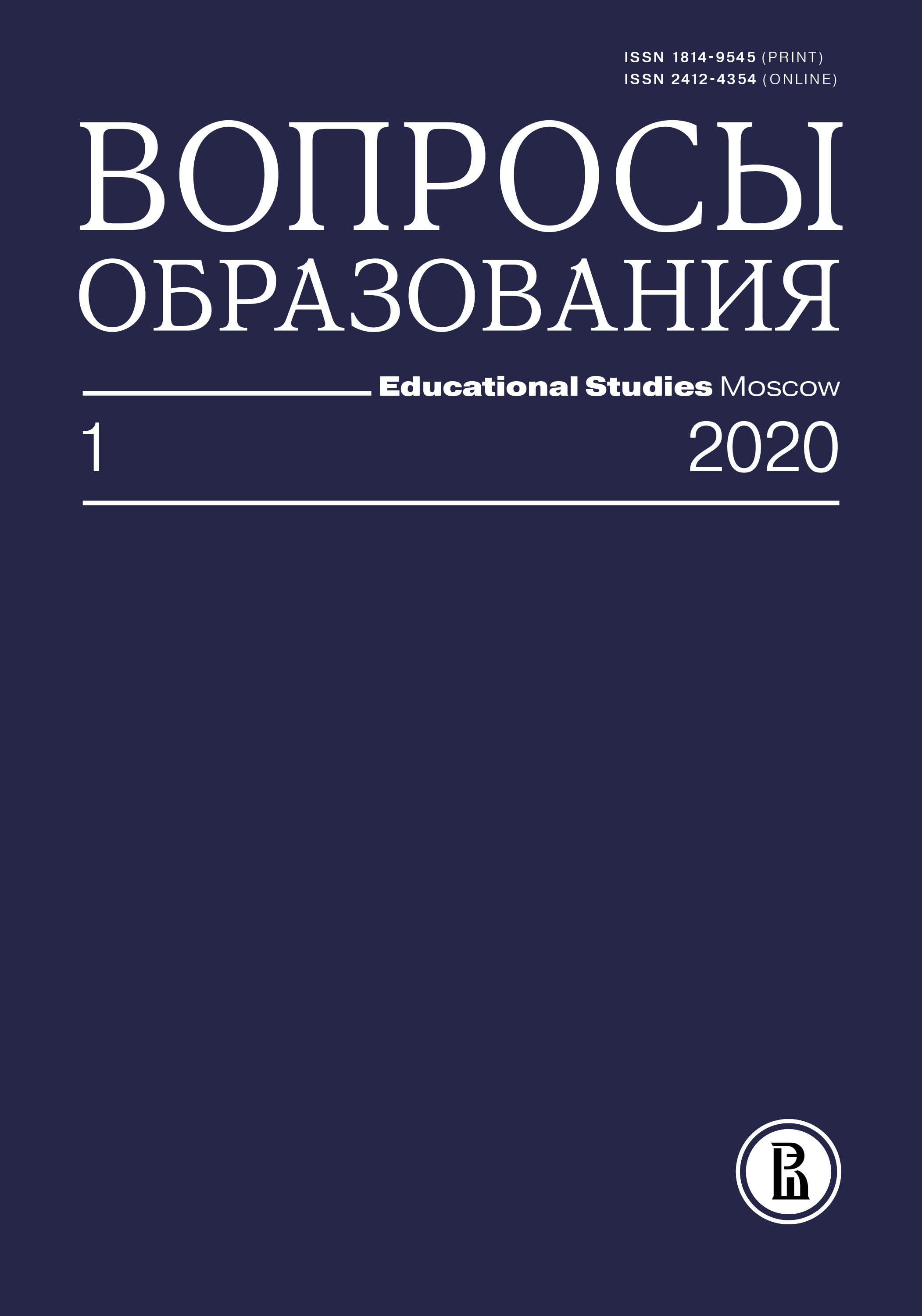Философия либерального образования: принципы
Аннотация
В статье систематически изложены принципы современной либеральной философии образования в форме экспликации смысла основных положений «гумбольдтовской» (европейской) модели свободного образования. Хотя эти положения были сформулированы более двух столетий назад, в русской литературе по педагогике и философии образования они никогда не были изложены в полном и взаимосвязанном виде. В работе выделены десять принципов этой модели, которые определены в соответствии с современным понятийным языком либеральной теории образования: 1) образование на протяжении всей жизни; 2) академическая свобода; 3) значение опыта и практики; 4) критическое мышление и гражданские компетенции; 5) развитие компетенций, а не накапливание знаний; 6) приоритет общего образования перед специальным; 7) «научиться учиться»; 8) принцип самостоятельного деятельного усилия; 9) политическая нейтральность; 10) интерактивность и сократический диалог. Во второй части данной статьи (готовится к публикации) освещены основные источники и важнейшие социально-исторические контексты, определяющие общественную значимость либеральной теории образования от ее появления до наших дней.








